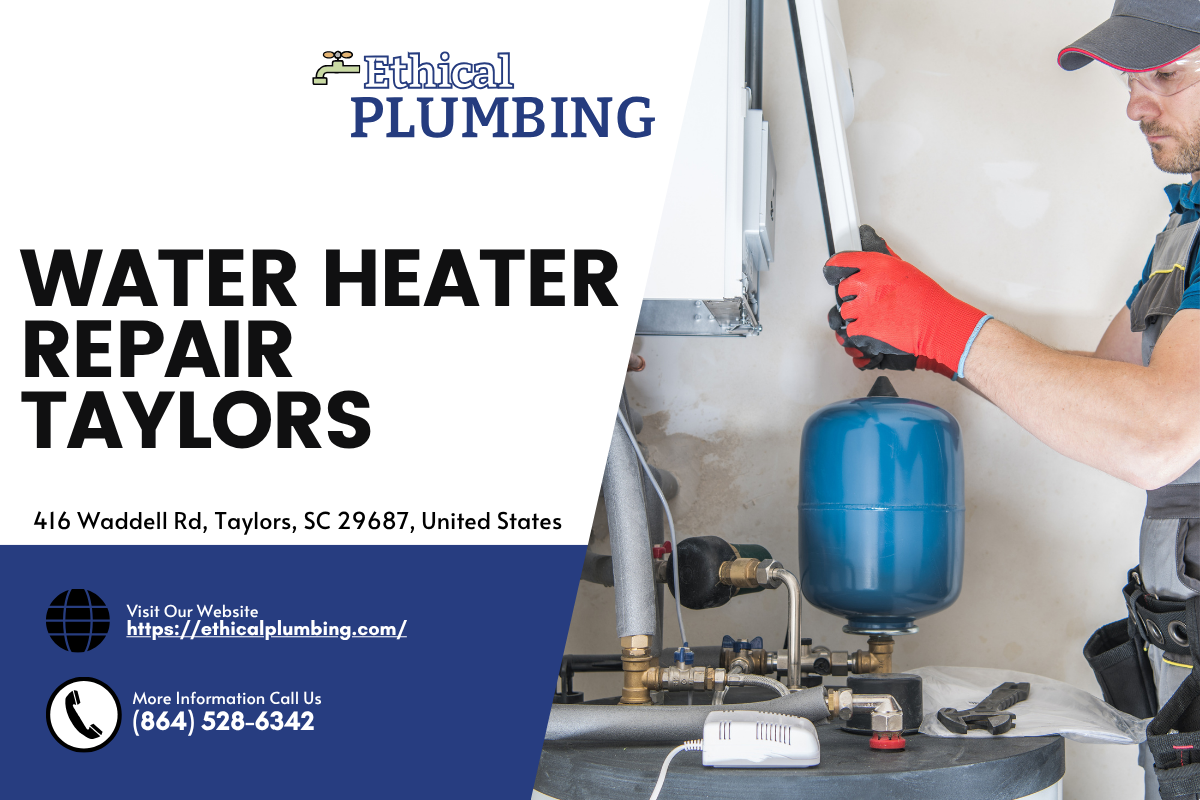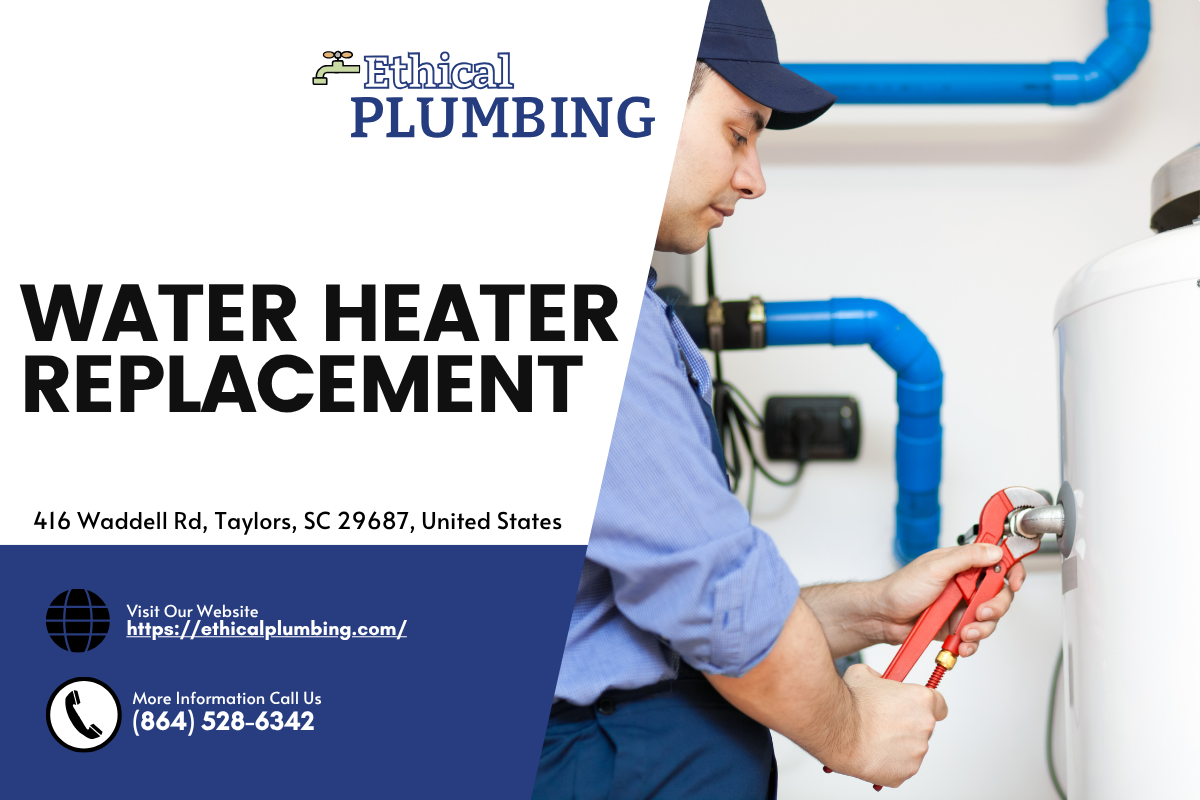


Introduction
When it comes to home comfort, few things are as crucial as having a reliable hot water system. Whether you're taking a shower, washing dishes, or doing laundry, you depend on hot water to make your daily routines seamless. However, the benefits of a new hot water system go beyond just convenience; they also come with various warranty options that can safeguard your investment. In this article, we'll explore everything you need to know about the warranty options available for new hot water systems. From understanding what each type of warranty covers to how it can affect your maintenance and repair decisions, we've got you covered.
Understanding the Warranty Options Available for New Hot Water Systems
When purchasing a new hot water system, understanding the warranty options is essential. Warranties serve as a form of protection against defects in materials and workmanship. They also define who is responsible for repairs or replacements if something goes wrong.
Types of Warranties Offered
Warranties typically fall into two categories: manufacturer warranties and extended warranties.
Manufacturer Warranties
Most new hot water systems come with a manufacturer’s warranty that covers parts and sometimes labor for a specific period, usually ranging from 1 to 12 years.
- Coverage Details: These warranties often cover defects in manufacturing and materials but exclude issues caused by improper installation or lack of maintenance. Duration: The length of coverage can vary based on the brand and model. It’s essential to read the fine print to understand what’s included.
Extended Warranties
An extended warranty may be offered by retailers or third-party providers and can extend the manufacturer’s coverage beyond its standard terms.
- Benefits: Extended warranties often cover additional services like regular maintenance checks or annual inspections. Cost Consideration: While they provide peace of mind, these warranties can come at an additional cost.
What Do Warranties Typically Cover?
Warranties vary significantly in terms of coverage. Generally speaking, here are some common elements:
Parts Replacement: Most warranties cover replacement parts needed due to manufacturing defects. Labor Costs: Some warranties include labor costs associated with repairs; however, this varies widely. Exclusions: Misuse or neglectful maintenance is usually not covered under any warranty agreement.How Long Should You Expect Warranty Coverage?
The duration of warranty coverage can influence your purchasing decision greatly.
- Standard Coverage: Most manufacturers offer 6 to 12 years on tanks and heaters but confirm specifics with each product. Lifetime Warranties: A few premium models may come with lifetime warranties; however, conditions often apply.
Factors Influencing Warranty Validity
To keep your warranty intact, it's vital to adhere to specific guidelines:
Proper Installation: Ensure that your water heater installation is performed by qualified professionals, as improper installation may void the warranty. Regular Maintenance: Schedule routine checks and services like water heater maintenance to meet manufacturers’ requirements. Documentation: Keep all receipts and service records handy—this documentation may be necessary if you ever need to make a claim.Claiming Your Warranty: What You Need to Know
If you encounter issues with your hot water system under warranty, here’s how you can proceed:
Contact Customer Service: Reach out directly to the manufacturer or retailer where you purchased the unit. Prepare Documentation: Have your proof of purchase and any service records ready for review. Follow Instructions Carefully: Each company will have specific instructions regarding claims; failing to follow them could result in denial.FAQs about Water Heater Warranties
1. What does a standard water heater warranty cover?
A standard water heater warranty typically covers defects in materials and workmanship but excludes damages due to improper installation or neglectful use.
2. How long do most warranties last?
Most manufacturers offer warranties that last between 6 to 12 years for standard models; however, water heater repair taylors some premium versions may come with lifetime coverage.
3. Can I transfer my warranty if I move?
Many manufacturers allow transferability of warranties if you sell your home but check specific terms outlined in your policy for details.
4. What should I do if my hot water heater is leaking?
If you notice leaks, first turn off the power supply and contact a professional for inspection immediately; depending on circumstances, this might be covered under your warranty.
5. Is regular maintenance required for keeping my warranty valid?
Yes! Most manufacturers require regular inspections and maintenance services done by qualified technicians to keep your warranty intact.
6. Can I get extra coverage beyond the manufacturer's warranty?
Yes! You can opt for extended warranties through retailers or third-party providers that offer additional services beyond what's included in the manufacturer's coverage.
Conclusion
Understanding the various warranty options available for new hot water systems is key when making an informed purchasing decision. With so many factors at play—from types of coverage and duration to exclusions—it's imperative to familiarize yourself with all aspects before committing financially. Moreover, adhering strictly to guidelines regarding installation and maintenance will help ensure that you're protected down the line when it matters most.
Whether you're considering installing a new tankless system or replacing an outdated one altogether, knowing how these warranties work empowers you as a consumer while also safeguarding your investment against water heater maintenance unforeseen issues down the road! So take charge today—read through those fine prints—and enjoy peace of mind knowing you've made an educated choice!
This article serves as both an informative guide on understanding the various types of warranties available for new hot water systems while also providing insights into maintaining these essential appliances effectively over time! Always remember that knowledge is power when it comes down deciding which option works best suited towards fulfilling all needs surrounding reliable access towards consistent heating solutions within residential settings!